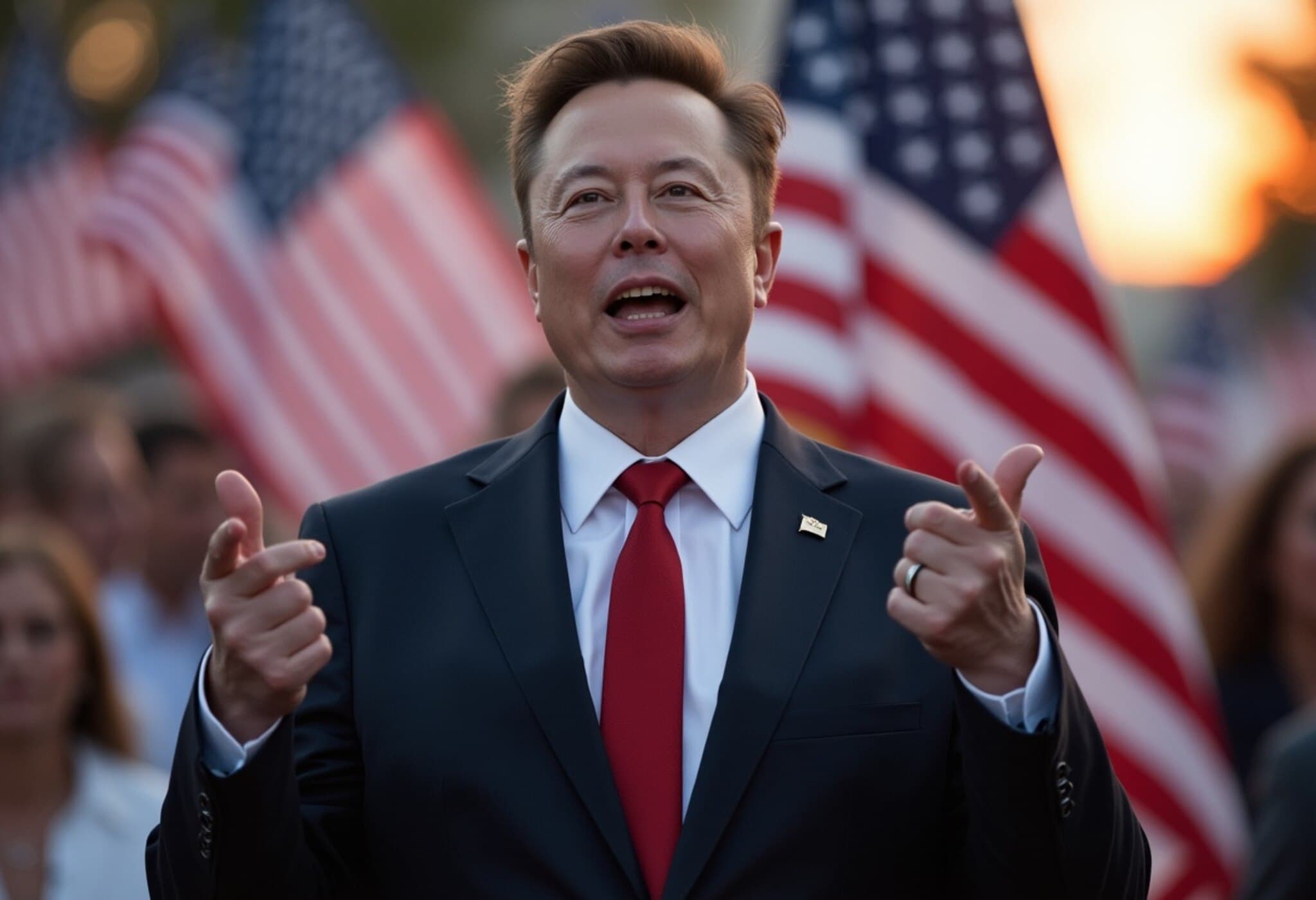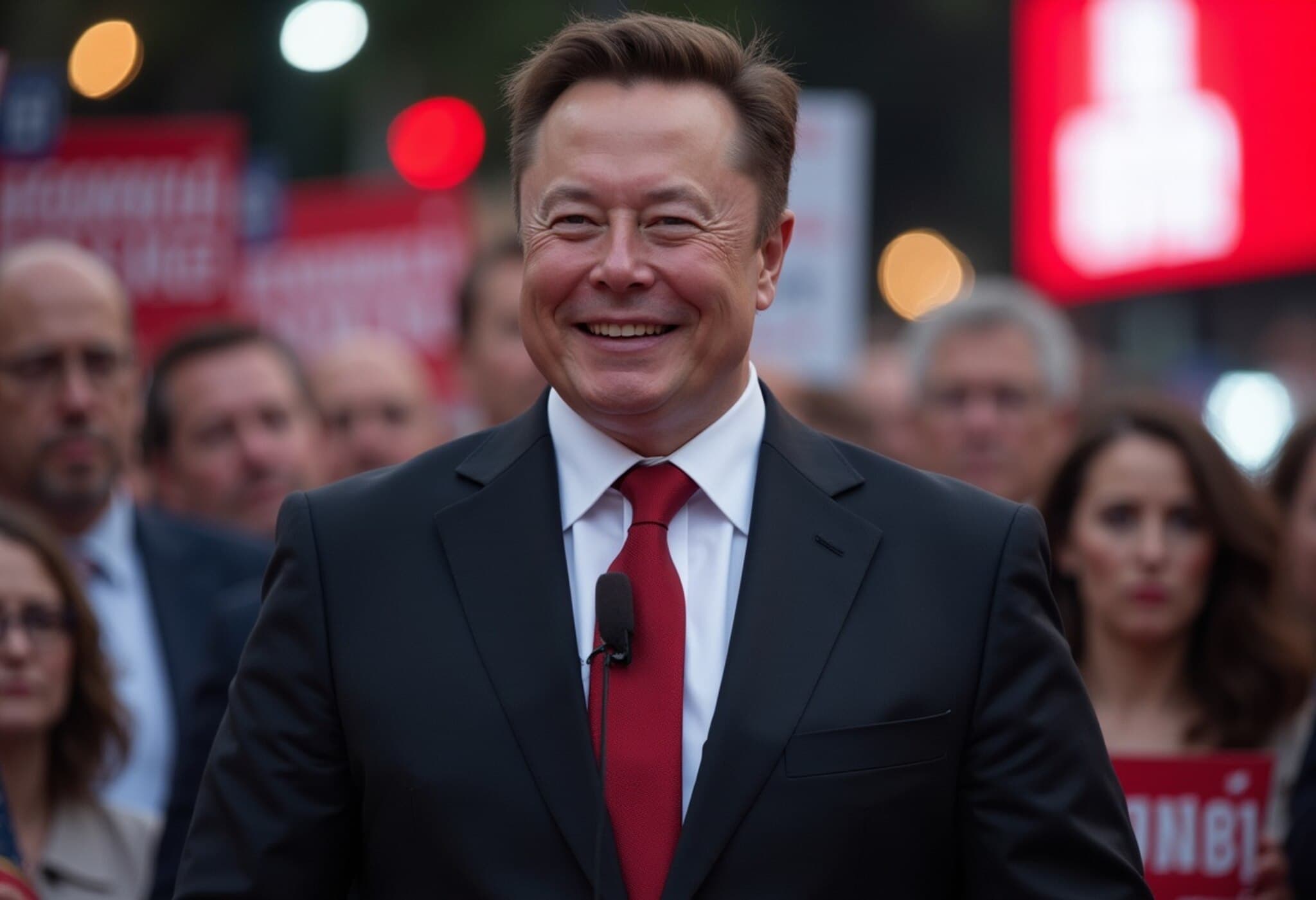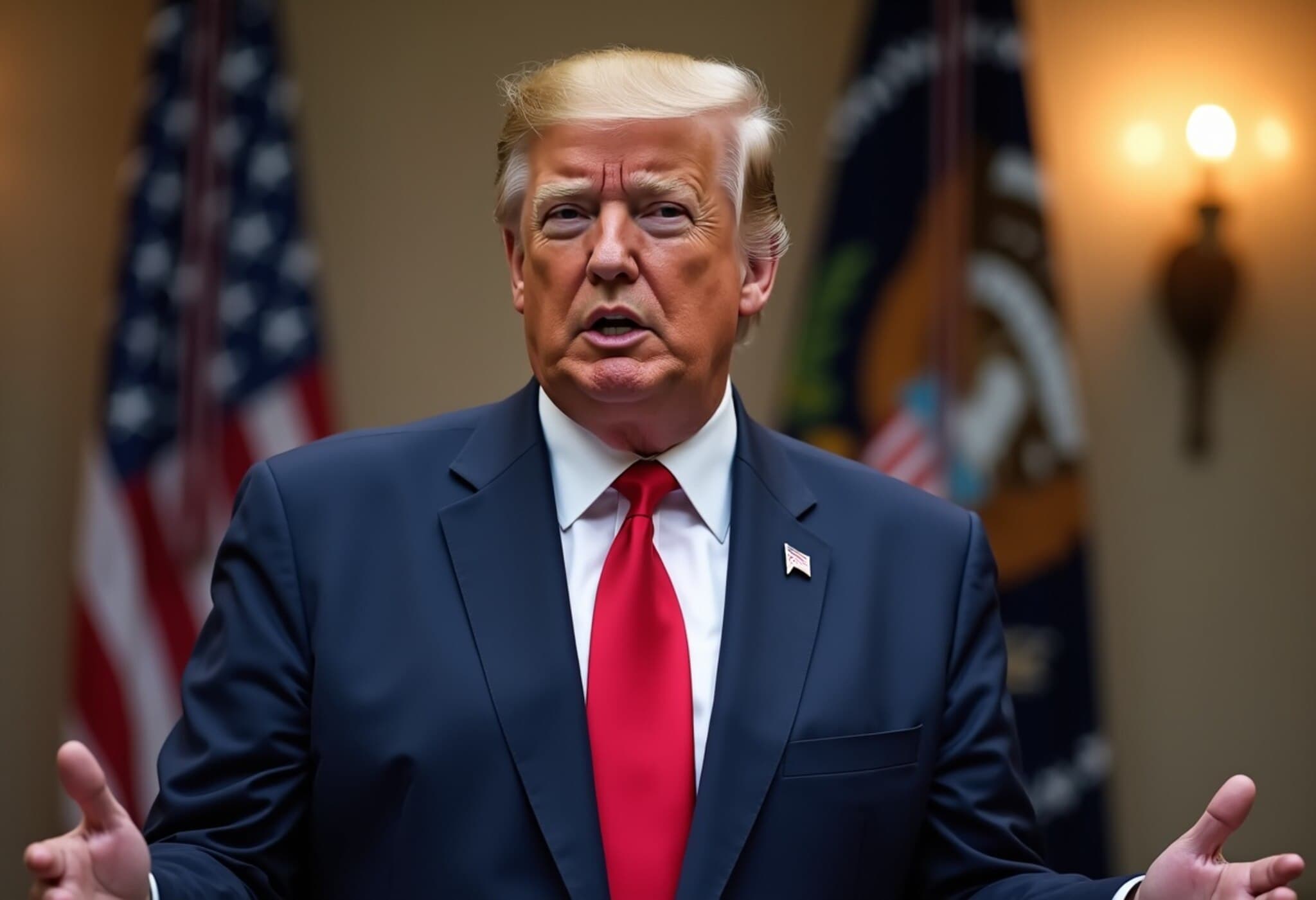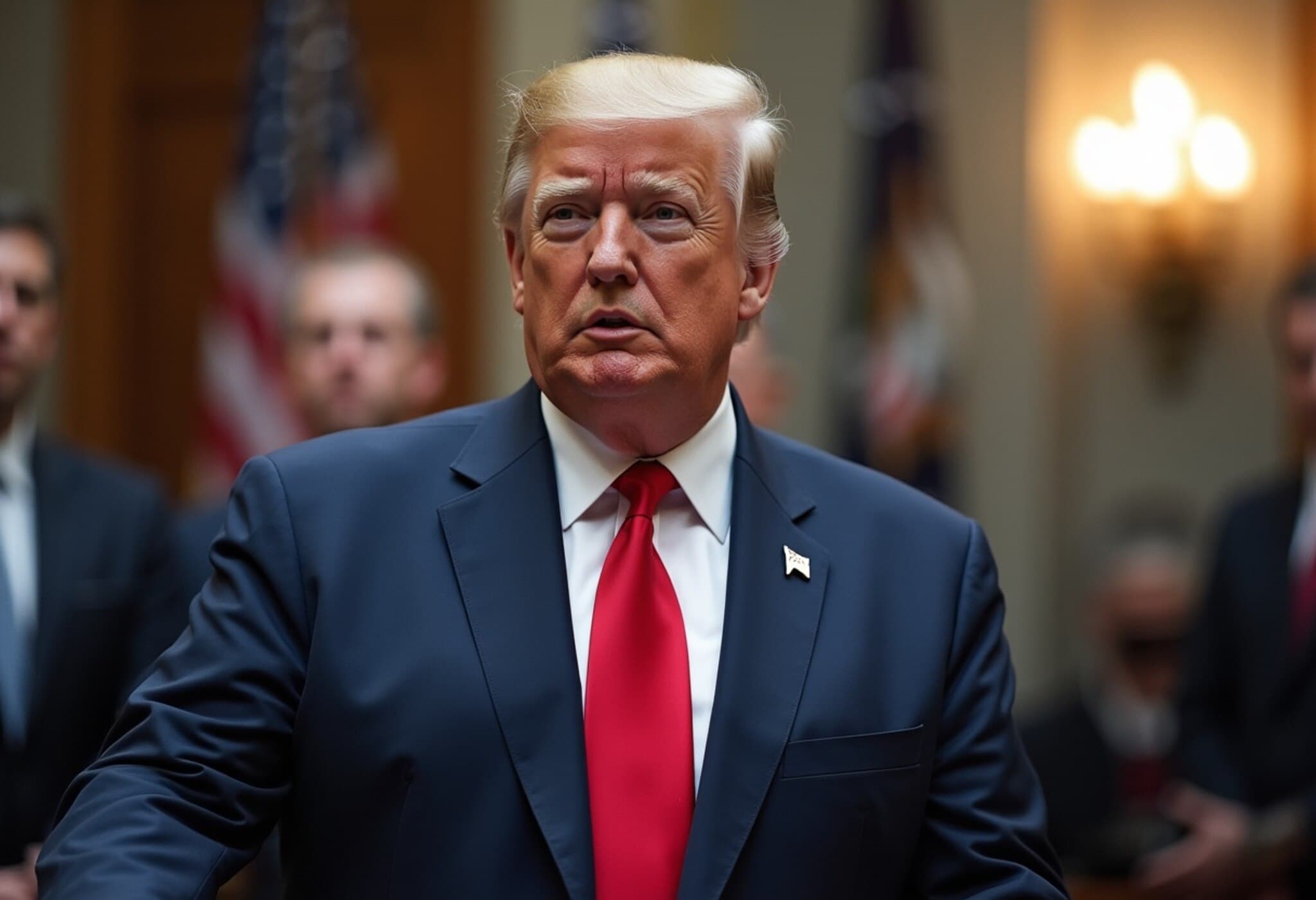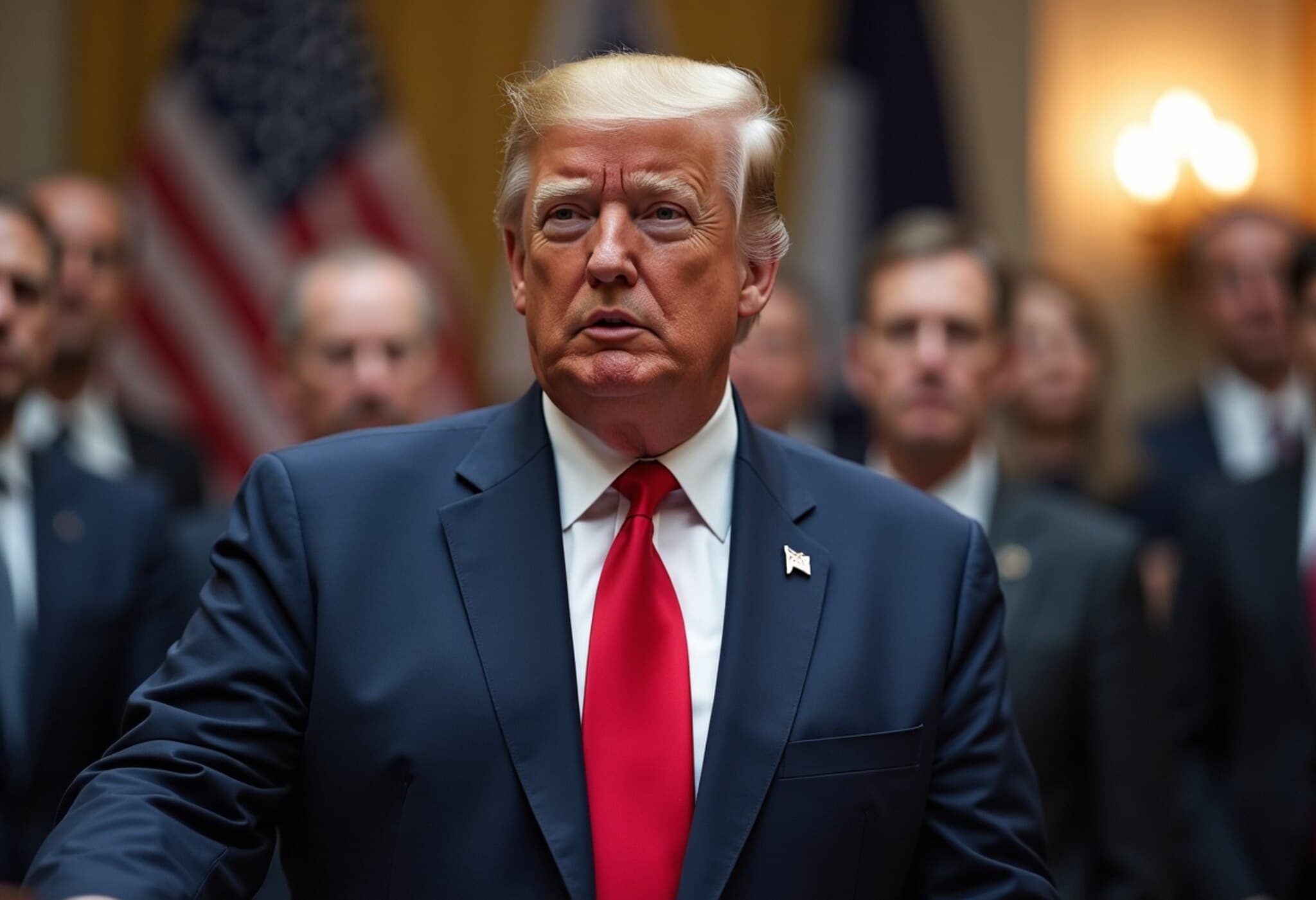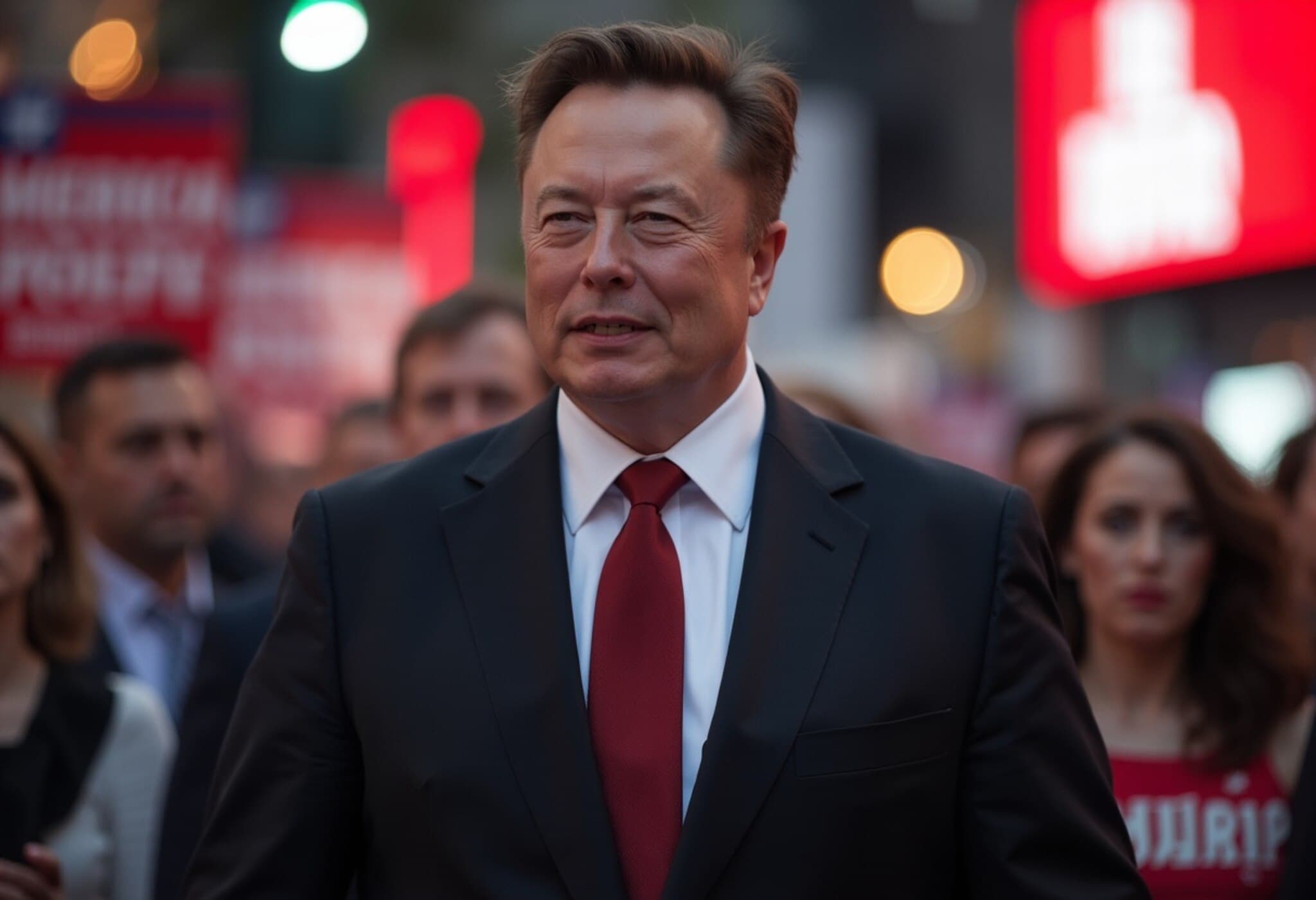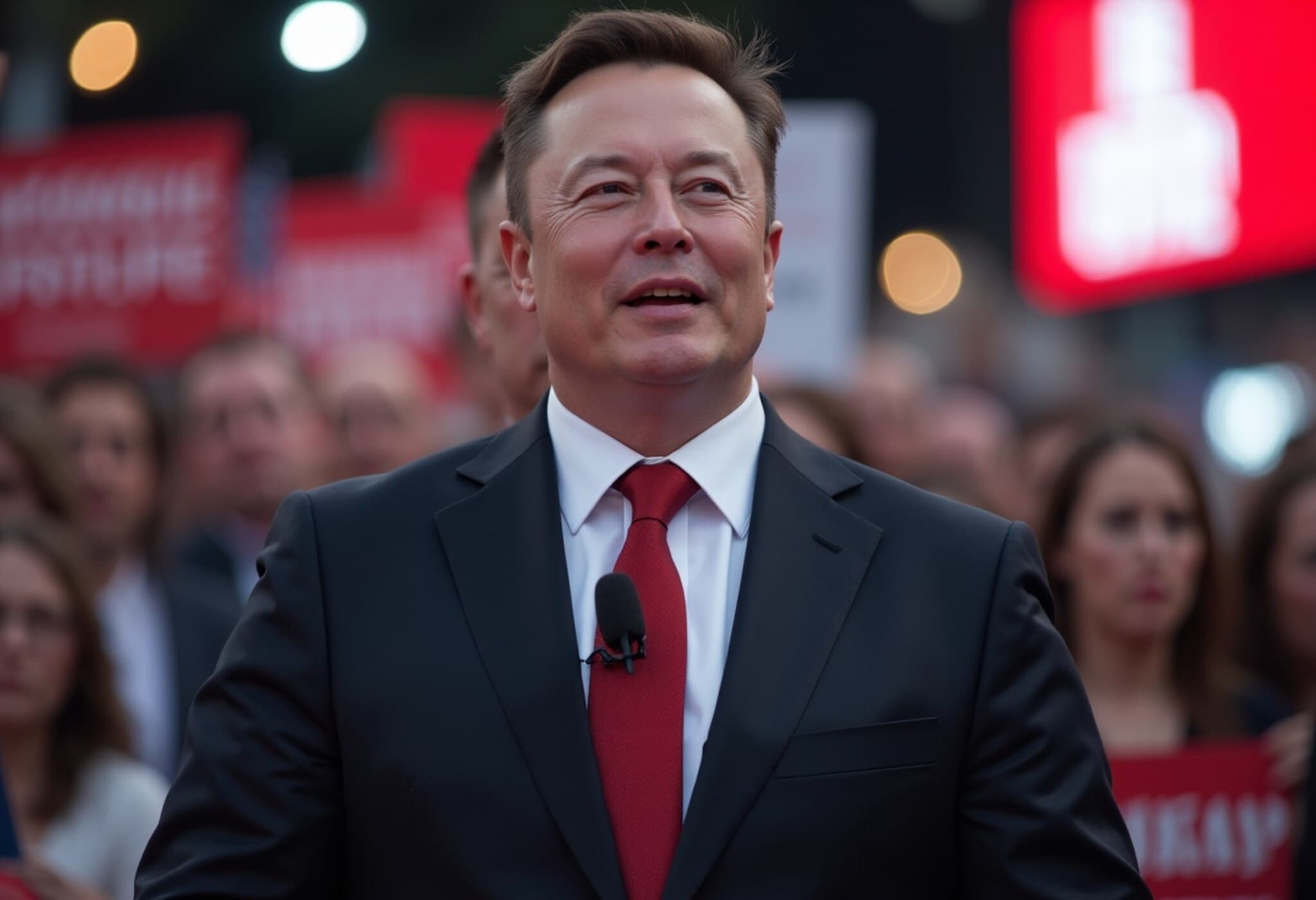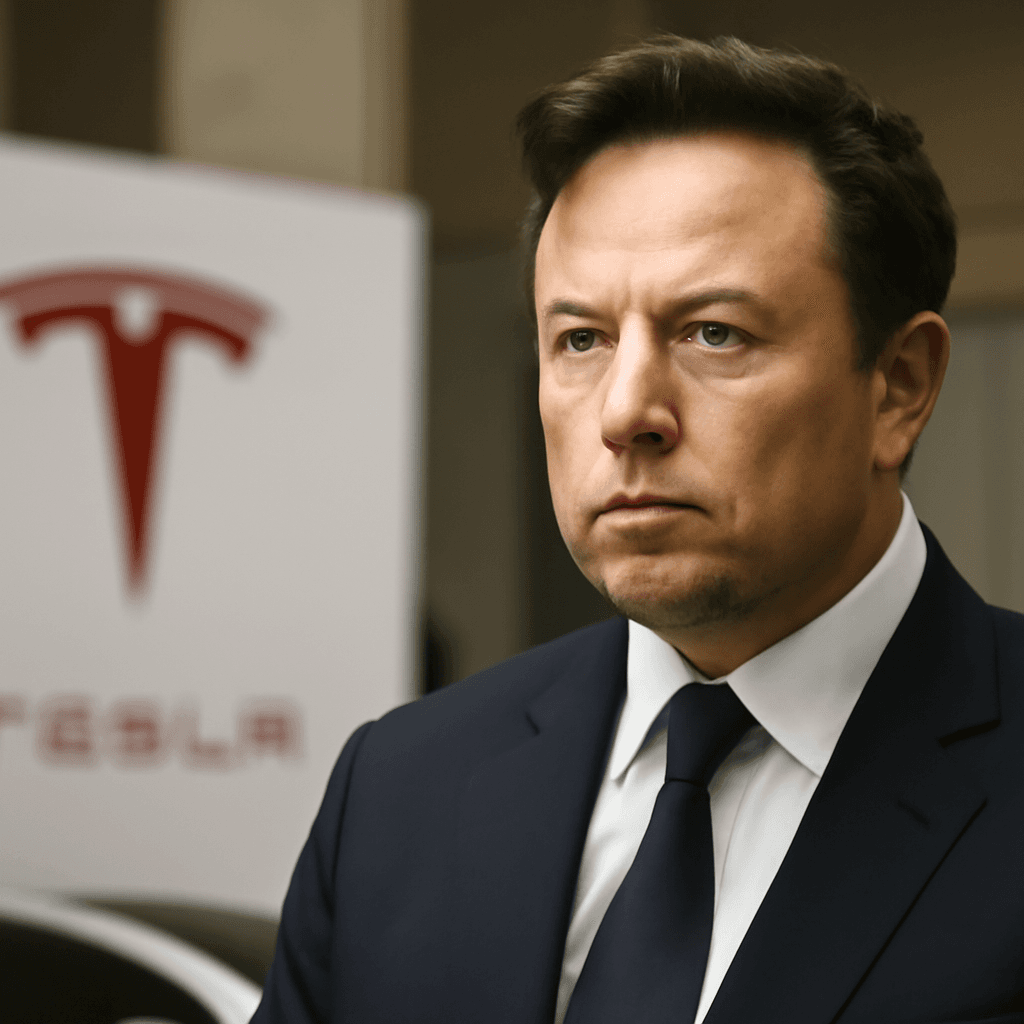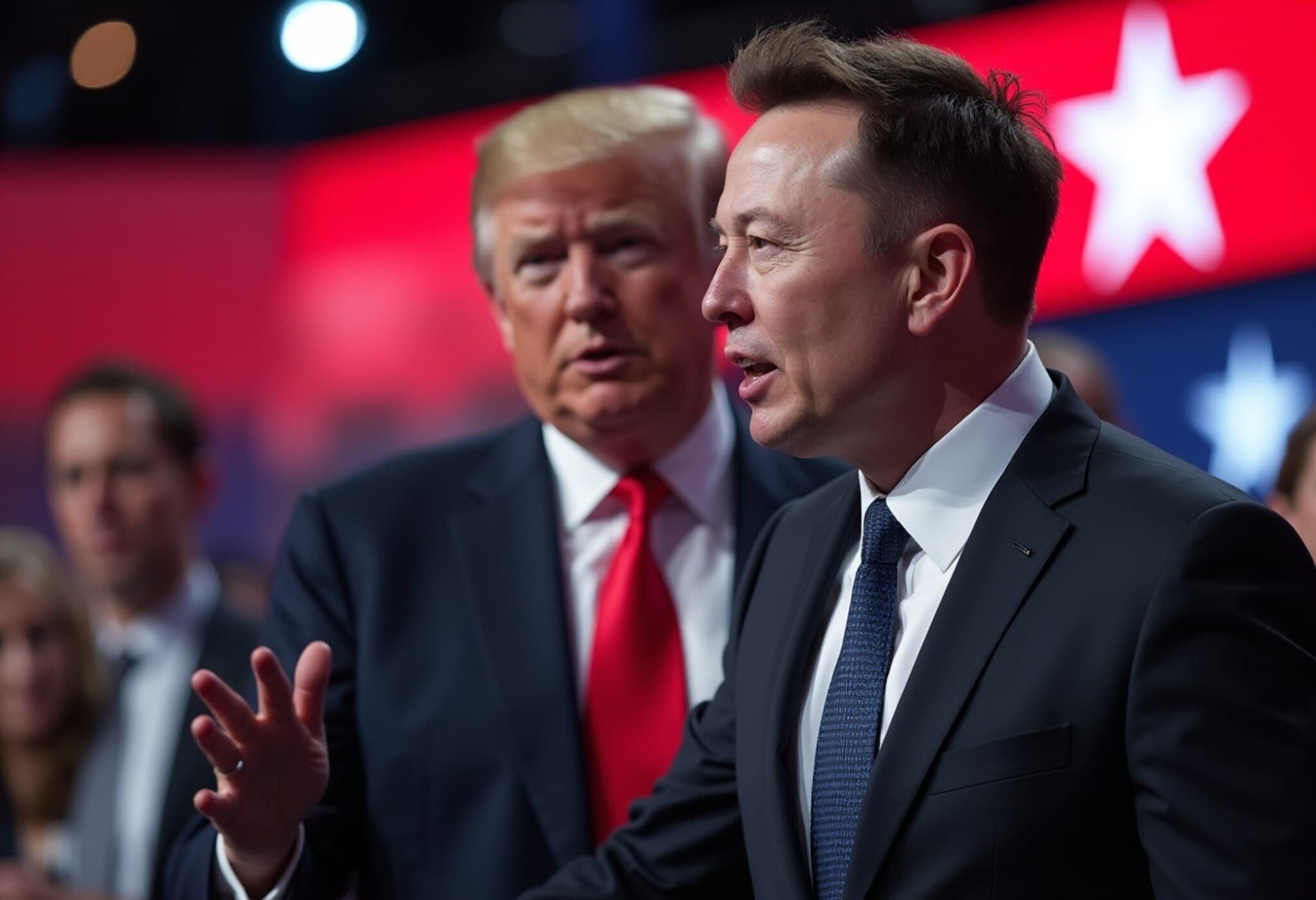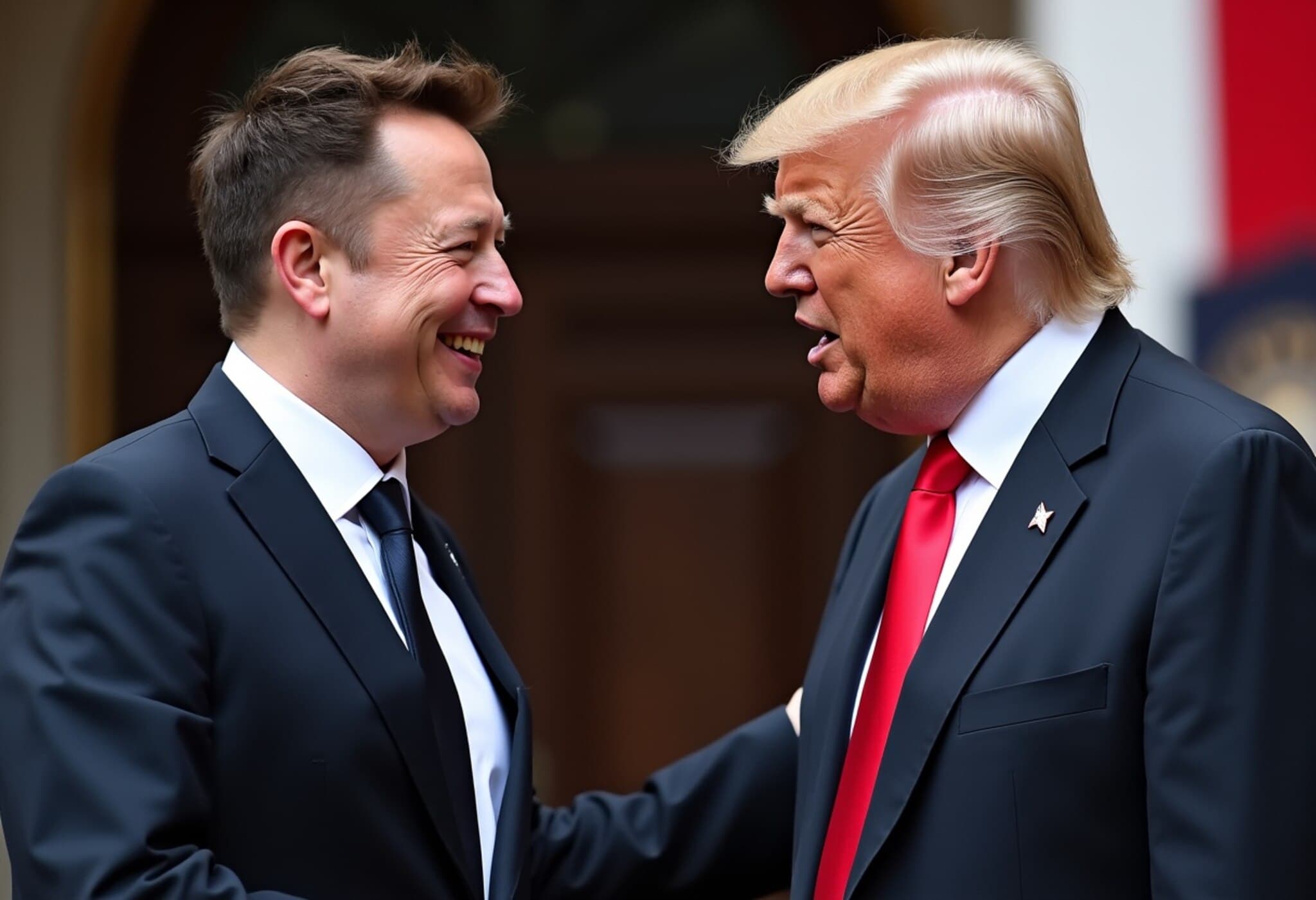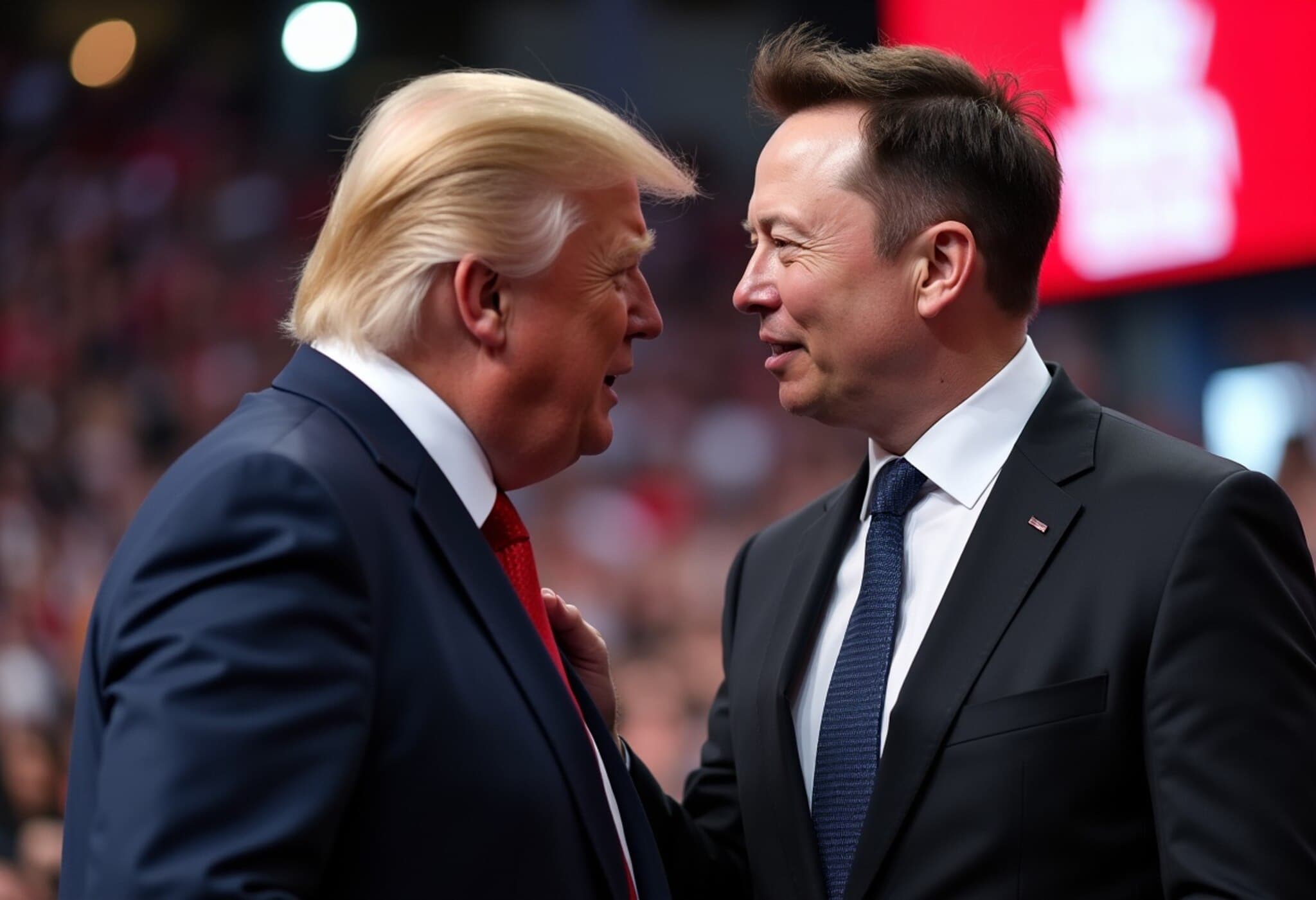Elon Musk Proposes a New Political Party to Disrupt US Congress
On Independence Day, billionaire entrepreneur Elon Musk unveiled an ambitious political strategy aimed at reshaping the U.S. legislative landscape. Through a post on his social media platform X, Musk introduced the idea of forming a new political entity called the “America Party”, targeting the long-standing dominance of the Democratic and Republican parties.
A Laser-Focused Strategy to Influence Congress
Rather than running for president himself, Musk outlined a calculated two-step plan designed to gain decisive power in Congress. He explained that the party would concentrate efforts on a small number of pivotal Congressional races: 2 to 3 Senate seats and 8 to 10 House districts. Considering the razor-thin margins often determining legislative outcomes, this narrow target could effectively give the America Party the ability to serve as the kingmaker on key votes.
In his X post, Musk stated, “One way to execute on this would be to laser-focus on just 2 or 3 Senate seats and 8 to 10 House districts. Given the razor-thin legislative margins, that would be enough to serve as the deciding vote on contentious laws, ensuring that they serve the true will of the people.”
Public Support and Poll Results
To gauge public interest, Musk launched a poll asking whether followers supported the creation of the America Party. Within hours, the poll garnered over 1.12 million votes, with a notable 64.7% in favor and 35.3% opposed, reflecting a significant appetite for political alternatives beyond the traditional two-party system.
Musk framed this move as a fight for genuine independence from what he called the “two-party (some would say uniparty) system,” signaling his desire to disrupt entrenched political structures.
Structural Challenges Ahead
Despite Musk's enthusiasm, political experts warn that creating a viable third party is fraught with difficulties. One of the core obstacles lies in the U.S. electoral system which largely employs single-member districts where the candidate with the most votes wins, making it challenging for third parties to gain traction.
Furthermore, the Electoral College’s winner-takes-all structure in most states amplifies this barrier on a national level. According to political scientists, these mechanisms strongly favor the two established parties, posing a daunting road ahead for any new political formation.
What Lies Ahead?
Elon Musk’s vision could spark new conversations about political representation and voter choice in America’s polarized landscape. While the hurdles are significant, the billionaire’s approach of focusing resources on critical legislative races hints at a strategy that might just alter the balance of power in Congress—without a presidential bid.
As the America Party concept gains attention, its potential impact on the 2026 midterms and beyond remains a topic of keen interest in political circles.

